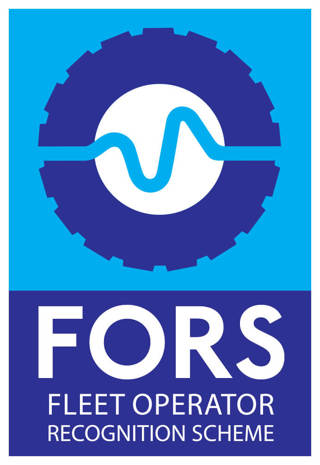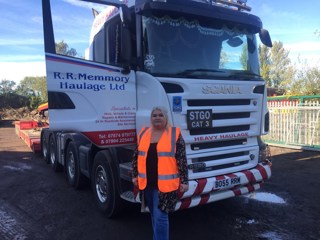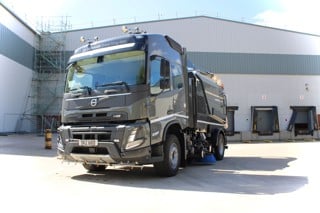FORS Professional, the training brand from the Fleet Operator Recognition Scheme (FORS), is introducing a new practitioner workshop.
The course is designed to help managers better understand how their transport operations can minimise incidental driving and delivery noise when working in urban environments.
Along with understanding the issues and policies around noise in urban areas, the new managing noise in logistics workshop will give attendees practical advice on how to reduce the impact of noise from freight deliveries in urban environments.
The half-day workshop will offer guidance on how to assess and mitigate the impact of noise and reduce unintentional noise made at the point of loading, for example in yards close to housing, throughout the delivery journey, and when driving in quieter or less busy times.
It is open to all FORS members and will also help operators action the noise assessment requirement included in the FORS Standard at Gold.
The new FORS Professional Managing noise in logistics workshop is due to launch in December 2017 nationwide and will be the 10th in the FORS Practitioner series.
FORS Practitioners are a dedicated group of transport, health and safety and logistics managers who have taken part in a series of workshops designed to provide a thorough grounding in best practice for commercial vehicle operators.
From January 1 2018, all FORS members wishing to become FORS Practitioners must complete all 10 workshops to qualify. Workshops can be completed in any order and are delivered at locations across the UK. The addition of this new workshop will not affect the status of current Practitioners.
Other workshop topics include developing road transport policy, safe and efficient fleet management, and monitoring and measuring road fleet performance.
Anne Johnson, operations director at FORS, said: “It goes without saying that a certain amount of noise is created when conducting business, and although some noise cannot be avoided, there are many ways operators can help reduce noise impact and minimise disruption in urban areas.
“Quieter equipment is obviously a huge factor, but we want to give Practitioners insight into how they can help further, both in operational management, and via best driving practices.
“The subjects covered will be very much focused on practical application, we want operators to come away with the tools they need to put quieter deliveries into practice.”
The workshop is part of a suite of guidance on offer to operators and drivers, in partnership with Transport for London (TfL), including a manager's pack, and the Quiet Equipment Guide, which is currently available on the FORS and TfL websites.
Jaz Chani, freight and fleet project manager at TfL, said: “Reducing the impact of noise on urban streets is a key part of the environmental programme for London, and we hope this new range of guidance will help hauliers understand how they can help.”
Johnson said: “Responsibility for managing noise is something which all those involved in urban logistics must share, from drivers and operators to yard managers, customers and their clients.
“If customers understand how noise impacts their immediate environment, they can then work with drivers and logistics partners to better manage deliveries to factories and yards, and reduce noise.
“We hope this workshop helps address the problems of urban noise and deliveries, and puts FORS members in the best possible position to reduce incidental noise where they can to create a quieter urban environment.”



















Login to comment
Comments
No comments have been made yet.